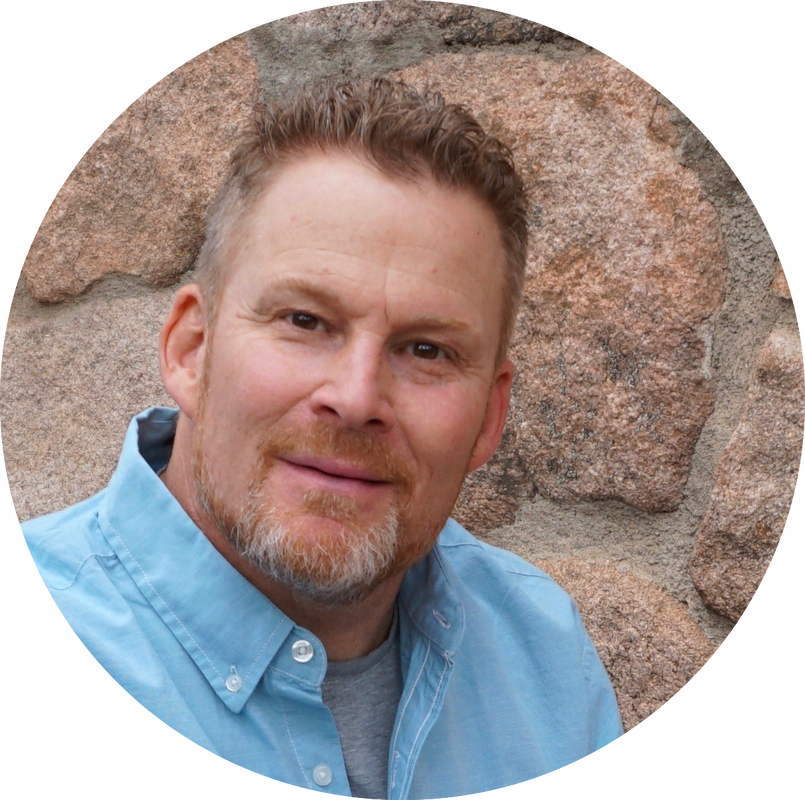|
My good friend John Losey shared a piece in one of his recent IntoWisdom monthly newsletters (sign up HERE to follow John's thought provoking work). He let me repost here at OnTeamBuilding - it fits in well with our ongoing conversations. Even though 'novel' (or 'Cool') activities are enticing, John reminds us to keep our focus on the outcomes, the purpose of what the activities are for - to learn and grow together. It's about what happens within the group during the activity. It's not about the activity itself.
Avoiding the Novelty Trap by John Losey
When asked to create a program, course, or event, I get excited. I want to build the most unique and compelling experience possible. Too often, I go directly to inventing something new or novel. Something that nobody has experienced and is uniquely mine. I avoid things I've done before, even the ones that work, for something novel and original. I want to "Wow" them with something cool. The pursuit of something "cool" is a dangerous and time-consuming practice. This pursuit of originality can distract me from meeting the client's desired outcomes. I prioritize the novelty and uniqueness of an activity, presentation, or exercise overlooking for the successful things I've done before that are far more likely to be effective. Stephen Covey's second habit of highly effective people is "begin with the end in mind." I've encountered these words of wisdom in several different forms. "Management by Objective," "Focus on the Outcomes," and "Start your planning by focusing on success." When I focus on "Wowing" the client with unique and novel programming, I toss out the wisdom of focusing first on the outcomes and objectives. Instead of clearly defining success and looking for the best approaches to reaching that success, I spend time, energy, and resources building something that may or may not take the program in the right direction. It may be cool, but it may not work. With a clear understanding of the outcomes, my first step should be to look back on similar successful programs. What have I done before that will take me toward success? Can I use any of these or adapt them to fit into this program? If you've been designing or delivering programs for any amount of time, your experience has created a rich resource of options. This bank of proven ideas should be the first place you look as you construct a path to success. You will, most likely, find something that fits or can be adapted. If not, you may want to explore more novel and creative options. You don't have to start from scratch or totally "reinvent the wheel." Can you combine existing ideas or frame existing resources in new ways? Before you post to the internet for ideas, seek out trusted advisors and admired professionals to ask for insights and bouncing ideas off. If you still feel stumped, you may want to turn to social media for as a last resort. Another option you may want to consider is if you're a good fit for this project. Just because you're asked doesn't mean you should take it. If you are struggling to find successful experiences from your past, you may want to think about who you know might fit better. See if they would be willing to collaborate with you or even take over the project. Referrals offer a great way to build strong professional connections. If you're in over your head, ask for help. While the allure of creating something completely new and unique can be tempting, it is crucial to approach program, course, or event design with a focus on the desired outcomes and objectives. By heeding Stephen Covey's wisdom to "begin with the end in mind," we can avoid the pitfalls of chasing novelty at the expense of effectiveness. Instead, we should tap into our wealth of past successful experiences, drawing from a bank of proven ideas and approaches. We can explore more innovative options, seeking insights from trusted advisors and professionals if necessary. Remember, starting from scratch is not always the best path; combining existing ideas or reaching out for collaboration can yield fruitful results. If the project proves overwhelming or outside our expertise, it is wise to consider alternative collaborators or seek help. We can build strong connections and deliver impactful experiences by prioritizing outcomes and leveraging past successes.
Thank you John. We appreciate the share!
All the best, Chris Cavert, Ed.D.
P.S. Would you like a super-quick update when new OnTeamBuilding content is posted? Just fill out the form below and then click the big blue button. I'll keep you posted.
0 Comments
Your comment will be posted after it is approved.
Leave a Reply. |
OnTeamBuilding is a forum for like-minded people to share ideas and experiences related to team building. FREE Team Building
Activity Resources OTB FacilitatorDr. Chris Cavert is an educator, author and trainer. His passion is helping team builders learn and grow. Archives
January 2024
|



 RSS Feed
RSS Feed